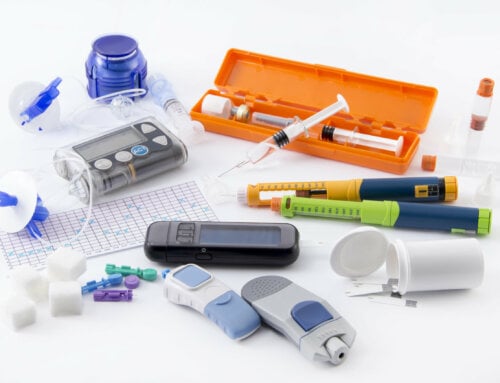One of the questions on the initial diabetes assessment form used during our educational session is “Are you taking your diabetes medications as prescribed?” Many patients often admit that they are not taking their medications as prescribed, and others admit they have stopped taking them altogether. Below are some Tips for taking your Diabetes Medication Correctly.
The most common reason for stopping medication is not because of side effects; it is because of the cost. The cost factor is also for those on Medicare entering the “Donut Hole”. According to the U.S. Department of Health and Human Services, “more than 25% of patients stop prescription medications when hitting the Medicare donut hole.” The C.D.C. has documented that “over 50% of patients with a chronic disease – including diabetes – stop taking their medication within the first year.” Patients who are entitled to Medicare have a prescription drug coverage plan (Medicare Part D), which enters a non-paying period when out of pocket payment becomes expected. This cost can be between $750 – $4,550 per year, depending on their specific medications. By the year 2020, the donut hole will be phased out because of the ACA (Affordable Care Act).
I want to review a few tips to consider when ordering and taking your medication:
- When purchasing vitamins, minerals or supplements, consider buying store brand varieties. These brands are held to the same guidelines as fancy name brands at better pricing. With less fancy labels and less marketing the price is cheaper with similar performance.
- When receiving a new prescription ask your physician about generic alternatives. Generic medications are FDA approved and are held to strict guidelines. A study done by the C.D.C. showed that by talking with a health care professional prior to starting a medication makes you more than twice as likely to take the medication as prescribed. It also saves thousands of dollars a year in reducing medical complications.
- Take medications as prescribed. I always ask my patients to bring all their medications, vitamins and supplements to our session even those not related to diabetes. Taking them incorrectly will not allow all the benefits. Some need to be taken alone on an empty stomach, some need to be taken with food, some need to be taken at night. Read the insert that is attached to the medication for exact instructions and always ask.
- Know your exact benefits so you get no surprises. Check to see if you have mail order options so you can purchase a 3 month supply with one co-pay.
- Keep medications cool, dry and covered in their original containers. Do not store in the bathroom due to moisture.
- Ask why you need the treatment, what complications may occur and if the medication will interfere or interact with your other medications.
- Be aware of products that say “will cure diabetes, can replace diabetes medications, guaranteed to lower A1C or daily blood sugars, always lower your complication risks and remove all your pain or numbness.” Easy fixes do not exist and if it sounds phony it probably is. Some companies prey on people who have chronic illness and discomfort. You could be gambling with your health.
Always see your health care provider and do not self treat.
Ask questions and leave with real answers! Good Luck!
NOTE: Consult your doctor first to make sure my recommendations fit your special health needs.






Leave A Comment